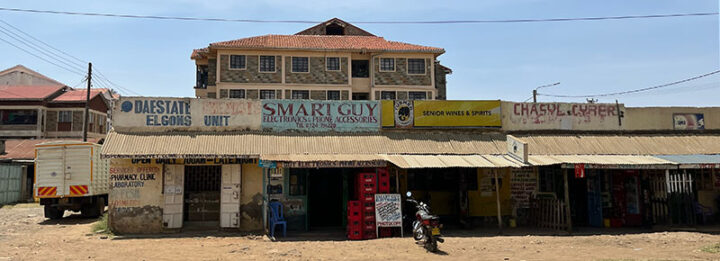
Americans and Europeans often fail when starting companies in Africa because they bring with them a host of assumptions that they don’t even know are assumptions, until the way business works in Africa proves them wrong.
What does work is not always what is most obvious. We spend ours at our annual gatherings sharing not only best-practices, but also ok-, good-, and failed- practices, so that mistakes made at one company are not copied by another.
This is one of the hidden advantages of being a bizi at Africa Eats.
Hiring
The official unemployment rates in Africa are high. 25% or more. The real unemployment rate is even higher. And yet finding and retaining talent, at all levels within a company, is a challenge.
At the management level, part of the challenge is that NGOs pay wages to their staff than even our CEOs typically pay themselves. The most educated talent thus has a second tier of salaries available to them that young, local companies simply can’t match.
But hiring is a challenge for staff too, especially when your once small companies is now the largest of its kind in your home country, and as such there isn’t a pool of experience who operates a logistics fleet or aggregates honey or manufactures breakfast cereal.
Drivers
You might think, beyond manual labor if there one easy hire it would be truck drivers. But no, because in Africa it is easy to hire a driver who will siphon your truck’s fuel tank and sell the fuel, as the daily fuel cost is often higher than the daily wage paid to that driver.
Salaries
Hiring aside, once you have a team, the reality is that for fast-growing African SMEs, the total spent on salaries in Africa is typically a tiny proportion to total expenses. American and European investors are often surprised to learn that lesson, as salaries are usually the largest expense for American and European startups.
Automation
Due to the low cost of labor, automation is far less cost effective in African than in the Global North.
Case in point, one Africa Eats company needed a handful of ponds on its property, each the size of an Olympic swimming pool. When they tried hiring the backhoe, it sunk into the mud. They instead hiring a few dozen day laborers to dig the ponds by hand, and each cost less than $500.
More generally, for food processors this means they don’t typically need to buy a forklift to load and unload trucks, as it costs less to have a handful of laborers on hand to manually move sacks and boxes.
The same is usually true on the farms where the food is grown. Tractors are rare on smallholder farms, but when farmers can hire neighbors for $2-$3/day to help harvest, it makes little financial sense to buy a $25,000-$50,000 tractor.
Buying from Farmers
Speaking of farmers, the biggest challenge most smallholder farmers face (and FYI, most Africans are smallholder farmers) is “access to markets”, a.k.a. finding a buyer for their outputs.
Given that, Americans and Europeans assume that those farmers are eager to sign an off-taker contract, and they are. But when the buyer shows up to pick up the outputs, it is not uncommon for the yield to look unbelievable low. Which it is, as those farmers will “side sell” to other aggregators who offer a higher price, despite the contract.
Selling to Retailers
At the other end of the supply chain, the multitude of informal retailers place orders with those aggregators. Americans and Europeans assume that means when the delivery truck arrives, the delivery driver simply drops off what has been orders.
That’s now how it works in Africa. If another seller shows up between the order and delivery with a lower price, then the retailer will buy from them, the delivery truck will not return to the distribution center empty, and the total sales booked for the day will be lower than actual sales.
Truck Leases and Loans
Finally, let’s talk about how the company acquired their trucks, whether the big trucks that drive across the country picking up food at the farms or the small trucks that drive around the cities delivering to the retailers.
In America and Europe, when a businessman walks into a truck dealership to buy a truck, after picking out the model and negotiating a price, the question asked by the dealer is “cash, loan, or lease?” In most of Africa, no such question is asked, as the only option is cash.
Americas and Europeans say OK, then stop at the bank first and sign up for a loan there. Which is when African entrepreneurs laugh, as that simply isn’t how African banks work.
All of which is why the most common way African companies move goods around isn’t with their own trucks, as they can’t afford them, but by calling “the guy with the truck” who, if you are lucky, is available the day you need him and more than half as reliable as your own driver would be.
Which sums up to… kudos to the African entrepreneurs to grow and succeed, despite these added challenges.




